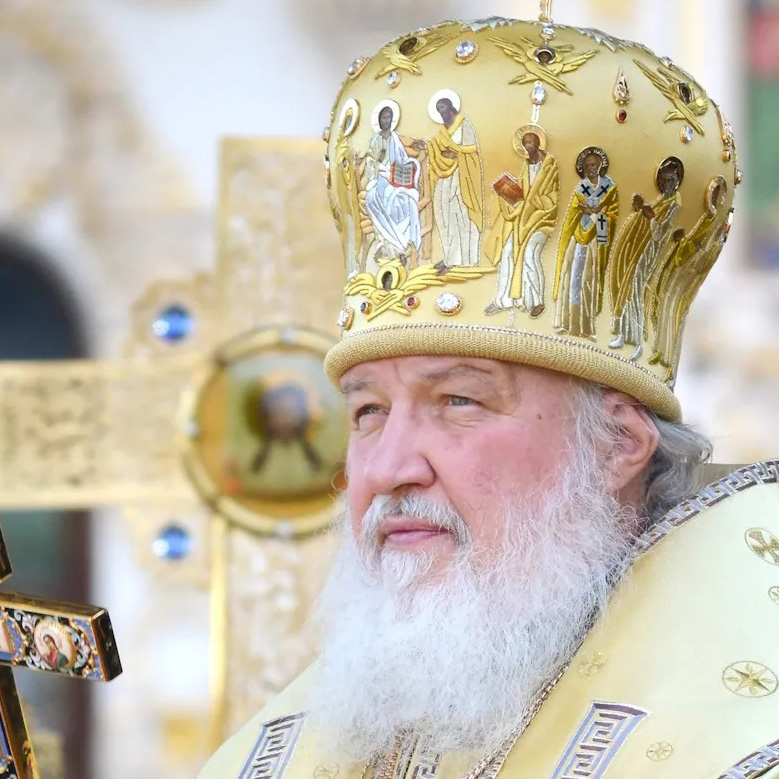On “Heresy” and the Commemoration of Patriarch Kirill

Sister Vassa Larin
A Blog of the Orthodox Christian Studies Center of Fordham University
Reprinted below are two posts from Sister Vassa’s Telegram channel, https://t.me/vassalarina, translated from Russian by Lydia Lozova. They are offered here with her permission.
To Commemorate or Not to Commemorate the Patriarch (Saturday of the 3rd Week of Lent)
Please read to the end of this 15th Canon of the Protodevtera Council of Constantinople of 861: “What is determined about presbyters and bishops and Metropolitans is the same, and moreover is proper to Patriarchs. Therefore, if any presbyter or bishop or Metropolitan dares to depart from communion with his Patriarch, and does not proclaim his name, according to the definite and established order, in the Divine Sacrament, but, before the Council’s pronouncement and complete condemnation of him, commits schism—such a one the holy Council has determined to be completely alienated from all priesthood, if only he is convicted of this iniquity. This, however, has been determined and confirmed concerning those who, under the pretext of certain accusations, step away from their superiors, and make schisms, and dissolve the unity of the Church. As for those who separate themselves from communion with their primate because of some heresy condemned by the holy Councils or Fathers, when he preaches the heresy publicly and teaches it openly in the Church—such, if they wall off/protect themselves (ἑαυτοὺς ἀποτειχίζοντες) from communion with the said bishop before a Council’s consideration, are not only not subject to the penalties prescribed by the rules, but are also worthy of the honor befitting the Orthodox. For they condemned not bishops, but pseudo-bishops (ψευδεπισκόπων) and pseudo-teachers (ψευδοδιδασκάλων), and did not by schism cut off the unity of the Church, but attempted to preserve the Church from schisms and divisions.”
So, according to all classical interpreters of this (recognized by the entirety of the Orthodox Church) canon, one cannot stop commemoration of the Patriarch “on the pretext of certain accusations”; for example, accusations of a moral nature, whether it be a luxurious life, a house in Switzerland, an estate in Gelendzhik next to Putin’s palace, the sale of cigarettes and vodka, or even accusations of a canonical kind, such as the uncanonical defrocking of innocent priests, movement of bishops and priests from place to place, or the intrusion onto the canonical territory of the Patriarch of Alexandria in Africa. All this is none of the business of the Patriarch’s subordinates, “before a Council’s pronouncement and perfect condemnation of him.” Nor is it any of their business if he expresses non-Orthodox opinions in private conversations, or supports war and fascism and all that sort of thing.
